Continuing the 5th Session, on the afternoon of June 2, the National Assembly listened to Minister of Public Security To Lam present the Report on the draft Law on Identification.
According to Minister To Lam , in the process of proposing the Law on Citizen Identification (amended), the Government unanimously approved 4 policies in the proposal to develop the Law. These include the policy on granting identity certificates to people of Vietnamese origin living in Vietnam but whose nationality has not been determined and electronic identification.
Therefore, to fully and closely specify the above policies in the draft law, ensuring comprehensiveness and conformity with the scope of regulation and subjects of application of the Law, the Government has revised the name of the draft Law from "Law on Citizen Identification (amended)" to "Law on Identification".
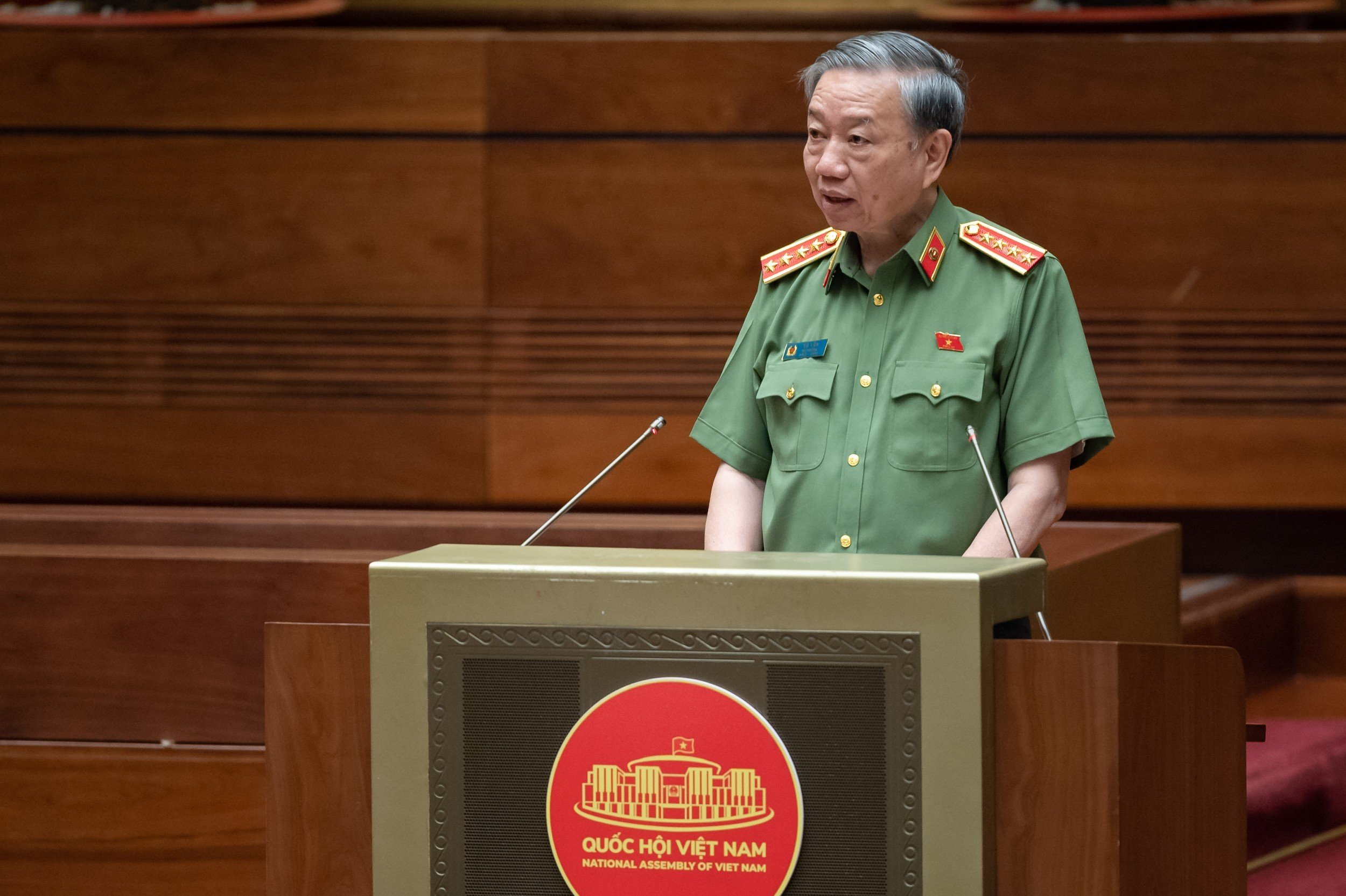
Minister of Public Security To Lam.
The draft Law on Identification consists of 7 chapters and 46 articles (compared to the 2014 Law on Citizen Identification, the draft Law has amended 39/39 articles and added 07 new articles) . The draft Law has basic new contents, specifically:
Regarding the subjects of application , the draft Law expands the subjects of application compared to the 2014 Law on Citizen Identification. In addition to applying to Vietnamese citizens, relevant agencies, organizations and individuals, this Law also applies to people of Vietnamese origin living in Vietnam but whose nationality has not been determined.
The Draft Law has added an Article on identity certificates and management of people of Vietnamese origin; regulating the issuance of identity certificates to these people.
The Minister of Public Security said that regarding the contents related to the principles of identity management, the National Population Database and the Identity Database; the rights and obligations of citizens regarding identity, the National Population Database and the Identity Database;
The responsibilities of the basic identification management agency are maintained as stipulated in the 2014 Law on Citizen Identification, and the provisions on the rights and obligations of people of Vietnamese origin, protection of personal data, and people's rights related to electronic identification are revised and supplemented to be complete and strict.
Regarding the content shown on the ID card , the draft Law amends and supplements in the direction of removing fingerprints; amending regulations on information on ID card number, the words "citizen identification card", hometown, permanent residence, signature of the card issuer to personal identification number, the words "ID card", place of birth registration, place of residence...
The above changes and improvements are to make it more convenient for people to use their ID cards, limit the need to issue new ID cards, and ensure people's privacy; basic ID information will be stored, exploited, and used through the electronic chip on the ID card. For issued ID cards, they are still valid and are not affected by this regulation.
Regarding people granted ID cards , the draft Law supplements regulations on management and issuance of ID cards to people under 14 years old and issuance of ID certificates to people of Vietnamese origin to ensure their legitimate rights and interests and serve State management work; promote the value and utility of ID cards in the activities of digital government and digital society.
However, card issuance for people under 14 years old will be done according to demand, while for people 14 years old and above it is mandatory.
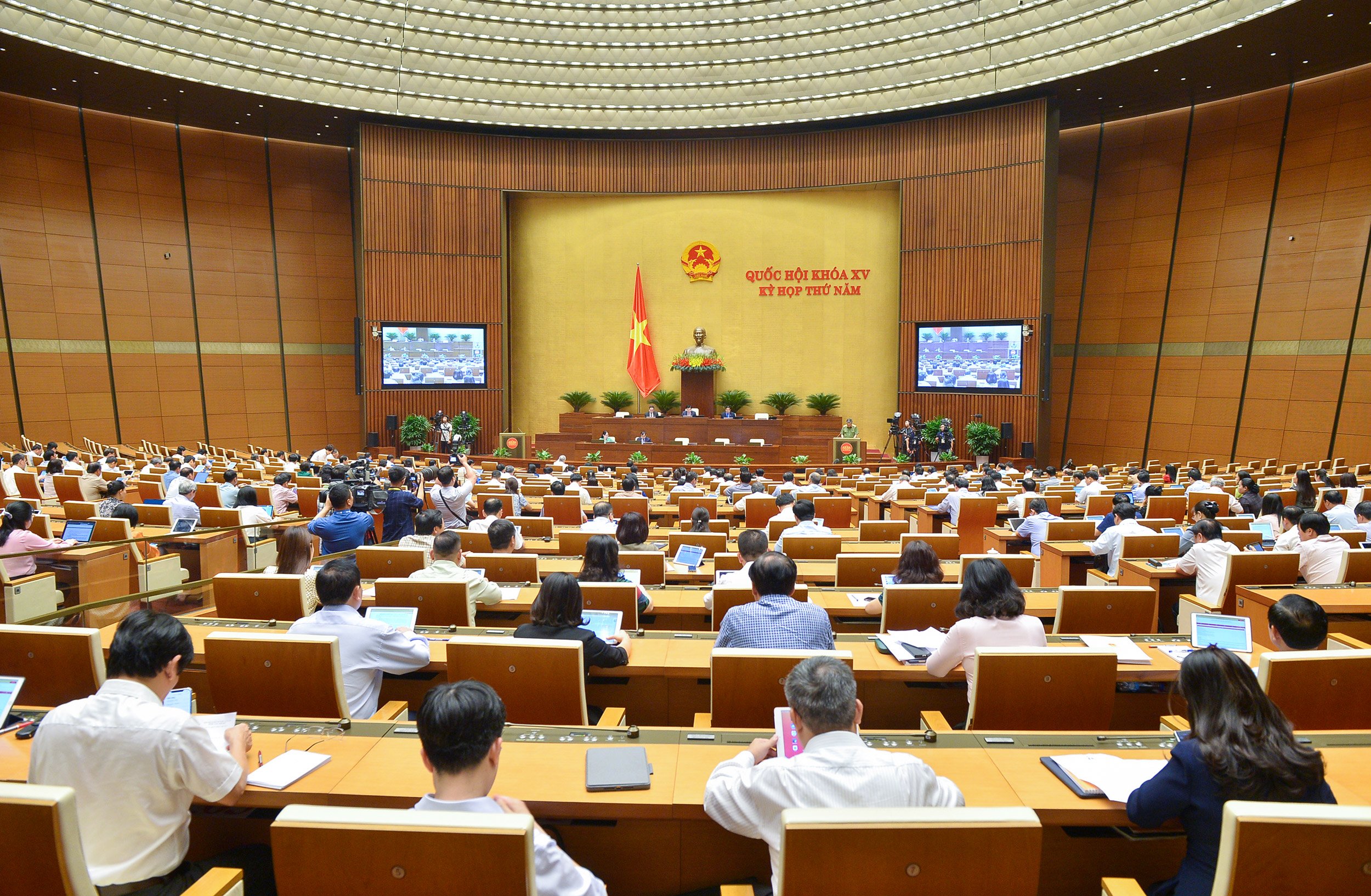
Scene of the meeting on the afternoon of June 2.
The Minister of Public Security also said that regarding the integration of information into the ID card, the draft Law supplements regulations on the integration of some stable and frequently used information of the people in addition to the information in the ID Database into the ID card;
The ID card is valid for providing information about citizens and is equivalent to presenting documents issued by competent authorities with information printed or integrated in the ID card; thereby, helping to reduce paperwork for citizens, facilitating people in performing civil transactions, implementing digital transformation, and reforming administrative procedures.
People carry out procedures to integrate information into their ID cards through issuing, exchanging, reissuing ID cards or using the VNeID application when they already have an electronic ID card.
Regarding electronic identification, according to Minister To Lam, this is a supplementary content compared to the provisions of the 2014 Law on Citizen Identification. The draft Law stipulates that each citizen has only 1 electronic identification, which is an electronic identification account created by the electronic identification and authentication system;
The implementation of administrative procedures and public administrative services in the electronic environment must use electronic identification. Electronic identification is used to perform other transactions and activities according to people's needs.
Electronic identification has the same value as using an identification card in performing transactions requiring the presentation of an identification card; has the value of providing information in documents and papers that have been integrated into the electronic identification account for competent agencies and organizations to compare when performing transactions requiring the presentation of such documents.
Examining the draft Law, Chairman of the National Assembly's Defense and Security Committee Le Tan Toi stated that the examining agency agreed on the necessity of promulgating the Law on Identification as proposed by the Government to overcome the limitations, difficulties, and inadequacies of the current Law on Citizen Identification.
Regarding the name of the Law, the National Defense and Security Committee believes that the amendment of the name "Law on Citizen Identification (amended)" to "Law on Identification" aims to ensure comprehensiveness, completeness, and consistency with the scope of regulation and subjects of application of the Law, and to meet the requirements of management, exploitation, and use in people's transactions; therefore, the draft Law's name is agreed to be the Law on Identification.Regarding the people who are granted ID cards, the National Defense and Security Committee basically agrees with the provisions in this Article to promote the exploitation and use of the national database on population and ID database. However, there are opinions suggesting to consider the regulation that the subjects who are granted ID cards are people under 14 years old because it is believed that the need to use ID cards of this group of subjects is very low .


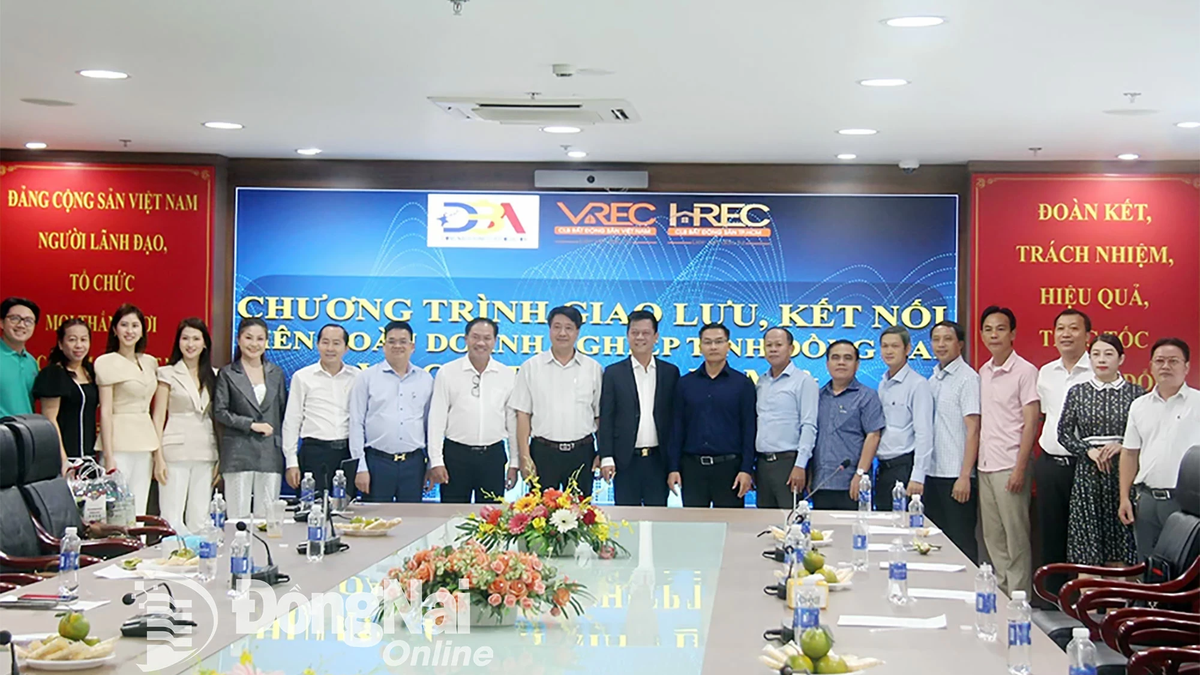



















![[Photo] Signing of cooperation between ministries, branches and localities of Vietnam and Senegal](https://vphoto.vietnam.vn/thumb/1200x675/vietnam/resource/IMAGE/2025/7/24/6147c654b0ae4f2793188e982e272651)








![[Infographic] Vietnam-Senegal traditional friendship](https://vphoto.vietnam.vn/thumb/1200x675/vietnam/resource/IMAGE/2025/7/23/4c96a604979345adb452af1d439d457b)








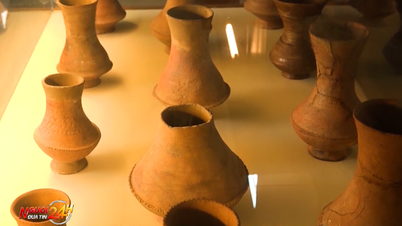

















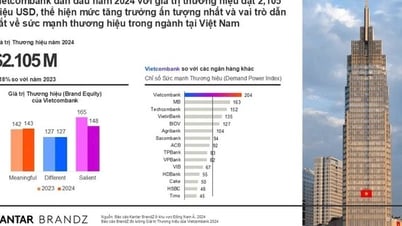



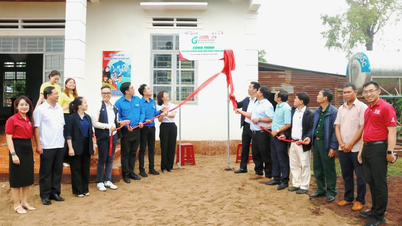


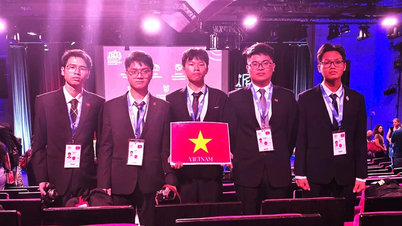






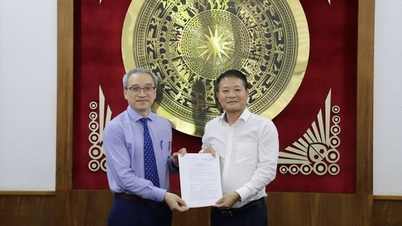



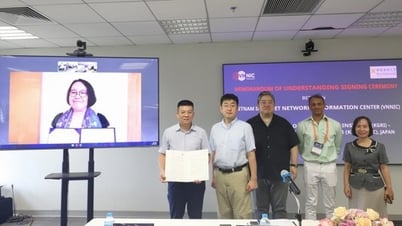

























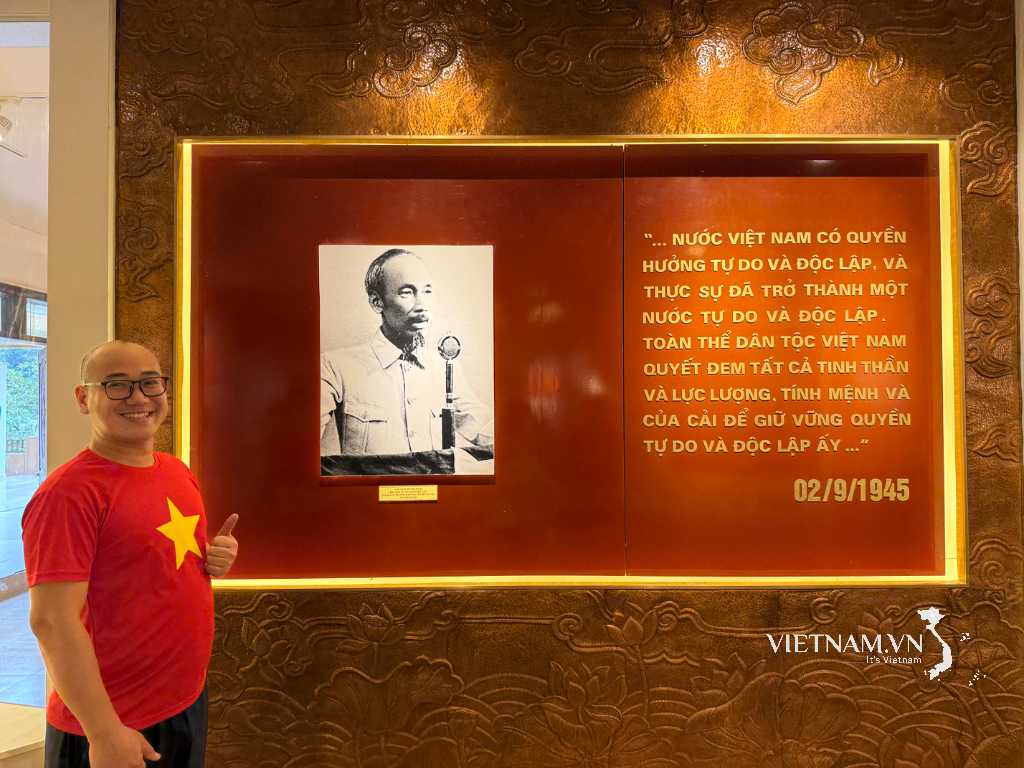

Comment (0)